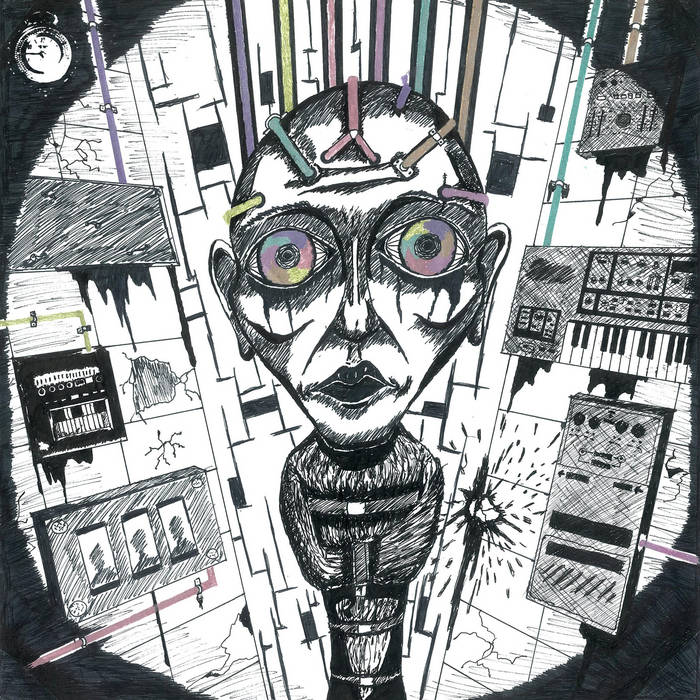


We will accomplish this by: (1) providing a brief history of the evolution of substance use with emphasis on American attitudes toward illicit drugs (2) exploring the associated epidemiology between substance abuse and violence and (3) examining how drug pharmacology interacts with individual differences as well as social factors to lead to an increase in violent behavior. The purpose of this article is to explore what we believe is a clear, but complex, relationship between substance abuse and violence. Other studies have shown that the user’s expectations of a drug’s effects, personality variables, and situational factors also influence the drug–violence relationship. A portion of the problem can be attributed to the fact that a significant portion of alcohol and drug abusers do not engage in violent behavior. However, support for a linear causal link between drug abuse and violence is elusive. Prisons in our country are disproportionately filled with substance abusers. It is well established that persons under the influence of alcohol or drugs or involved in the illicit drug trade commit more violent crime. The relationship between substance use and violence appears simple, but is in actuality deceptively complex. However, each culture, at some point in its maturation, has also become aware that substance use is a double-edged sword with associated health risks and cognitive impairments, while also increasing social ills such as aggression and violence within the society. These substances may provide the user with euphoria, relaxation, or other positive feelings. Michael Herkov, in Encyclopedia of Violence, Peace, & Conflict (Second Edition), 2008 IntroductionĪ wide variety of substances have been used to achieve altered states of consciousness since the beginning of recorded history. Inner Presence, Cambridge, MA: MIT Press.Mark S. Inner Presence, Cambridge, MA: MIT Press.ģ. for further details on this multilevel view of consciousness, see Revonsuo, 2006 Revonsuo, A. Our metaphysical theory of consciousness is biological realism see Revonsuo, 2006 Revonsuo, A. Still, the subject's own judgement remains ambiguous as to what is going on, and therefore proves the point that the subject's own reflective judgement cannot be the criterion for an ASC.Ģ. However, we do not in general wish to defend a representational theory of consciousness, only a representational definition of an ASC. Thus, derealization is a kind of “meta-ASC” the content of which concerns the representational accuracy of one's own consciousness. This state is quite interesting from the representational perspective, because the subject is representing the events of the world correctly, but simultaneously has a strong feeling or belief that these representations must in fact be misrepresentations. The representational definition of ASC should be applied in the theoretical and empirical studies of ASCs to unify and clarify the conceptual basis of ASC research.ġ. It could also be argued that the subject is in such a case having an ASC called “derealization.” This would be a state where everything seems unreal, distant, and dreamlike, as if not really happening. Paradigm examples of such generally misrepresentational, temporary, and reversible states are dreaming, psychotic episodes, psychedelic drug experiences, some epileptic seizures, and hypnosis in highly hypnotizable subjects. An altered state of consciousness is defined as a state in which the neurocognitive background mechanisms of consciousness have an increased tendency to produce misrepresentations such as hallucinations, delusions, and memory distortions. We outline a new definition of ASC and argue that the proper way to understand the concept of ASC is to regard it as a representational notion: the alteration that has happened is not an alteration of consciousness (or subjective experience) per se, but an alteration in the informational or representational relationships between consciousness and the world. We argue that these traditional definitions fail to draw a clear line between altered and normal states of consciousness (NSC). “Altered State of Consciousness” (ASC) has been defined as a changed overall pattern of conscious experience, or as the subjective feeling and explicit recognition that one's own subjective experience has changed.


 0 kommentar(er)
0 kommentar(er)
